
News




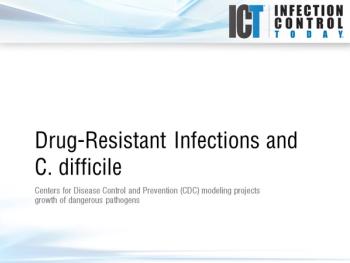




When the highly influential European Medicines Agency announced its recommendation to approve what could be the world’s first licensed vaccine against malaria in infants and children, there was much celebrating in the research community at NYU Langone Medical Center. For it was, in many respects, the culmination of the life’s work of Ruth Nussenzweig and Victor Nussenzweig, the husband and wife team whose research over the past half-century against malaria has brought them international acclaim – and which contributed greatly to this latest breakthrough.


A device to mix liquids utilizing ultrasonics is the first and most difficult component in a miniaturized system for low-cost analysis of sputum from patients with pulmonary diseases such as tuberculosis and asthma. The device, developed by engineers at Penn State in collaboration with researchers at the National Heart, Lung, and Blood Institute (NHLBI), part of the National Institutes of Health, and the Washington University School of Medicine, will benefit patients in the U.S., where 12 percent of the population, or around 19 million people, have asthma, and in undeveloped regions where TB is still a widespread and often deadly contagion.
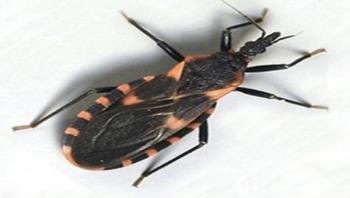
To keep both animals and humans protected from Chagas disease, Texas A&M University System entities have been studying the parasite-host-vector interaction at sites in south-central Texas.


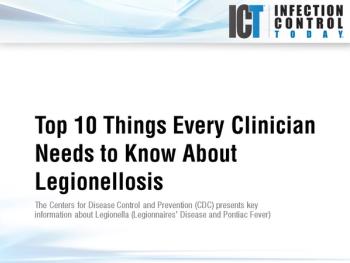


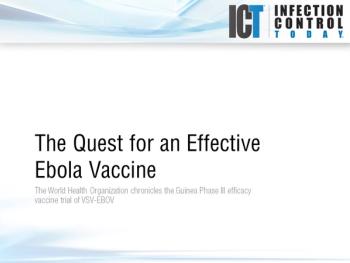


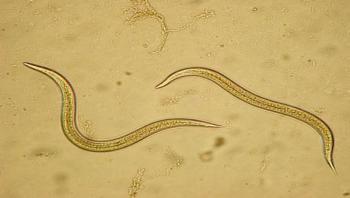
Health experts have warned for years that the overuse of antibiotics is creating "superbugs" able to resist drugs treating infection. But now scientists at Indiana University and elsewhere are finding evidence that an invisible war between microorganisms may also be catching humans in the crossfire.






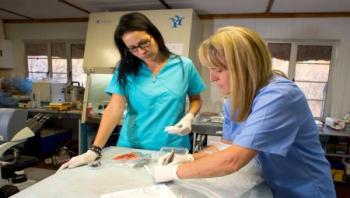
Antibiotics are a blessing but may also be an empty promise of health when microbes develop resistance to our pharmacological arsenal. Globally, the emergence of antibiotic resistance is an important threat to both human and animal health.
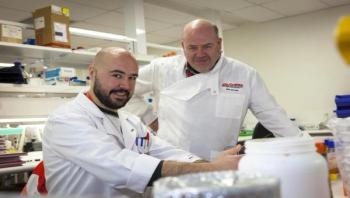
Researchers from Griffith University's Institute for Glycomics, together with the Nationwide Children's Hospital in Ohio, have uncovered groundbreaking evidence to help vaccine developers prevent middle ear infections. A research paper titled 'A biphasic epigenetic switch controls immunoevasion, virulence and niche adaptation in non-typeable Haemophilus influenzae' has been published in the journal Nature Communications.